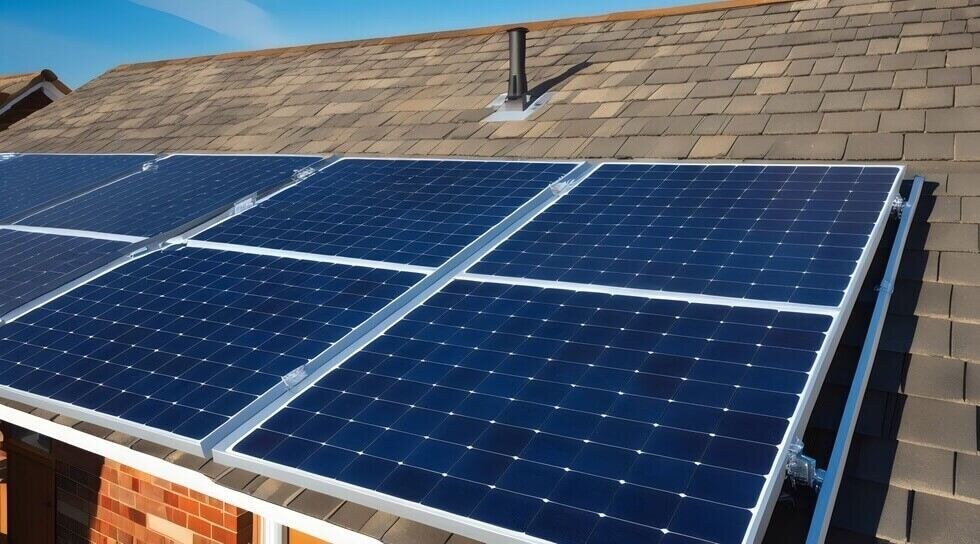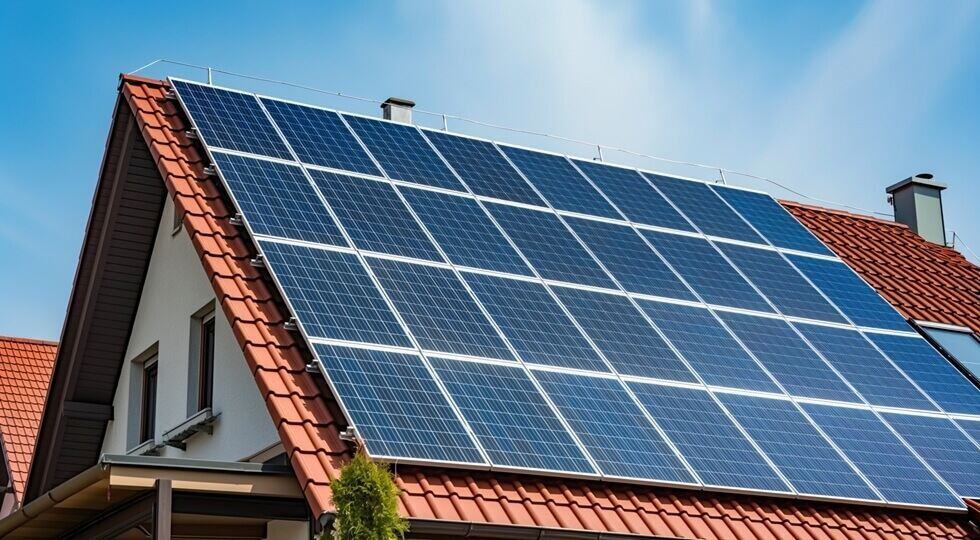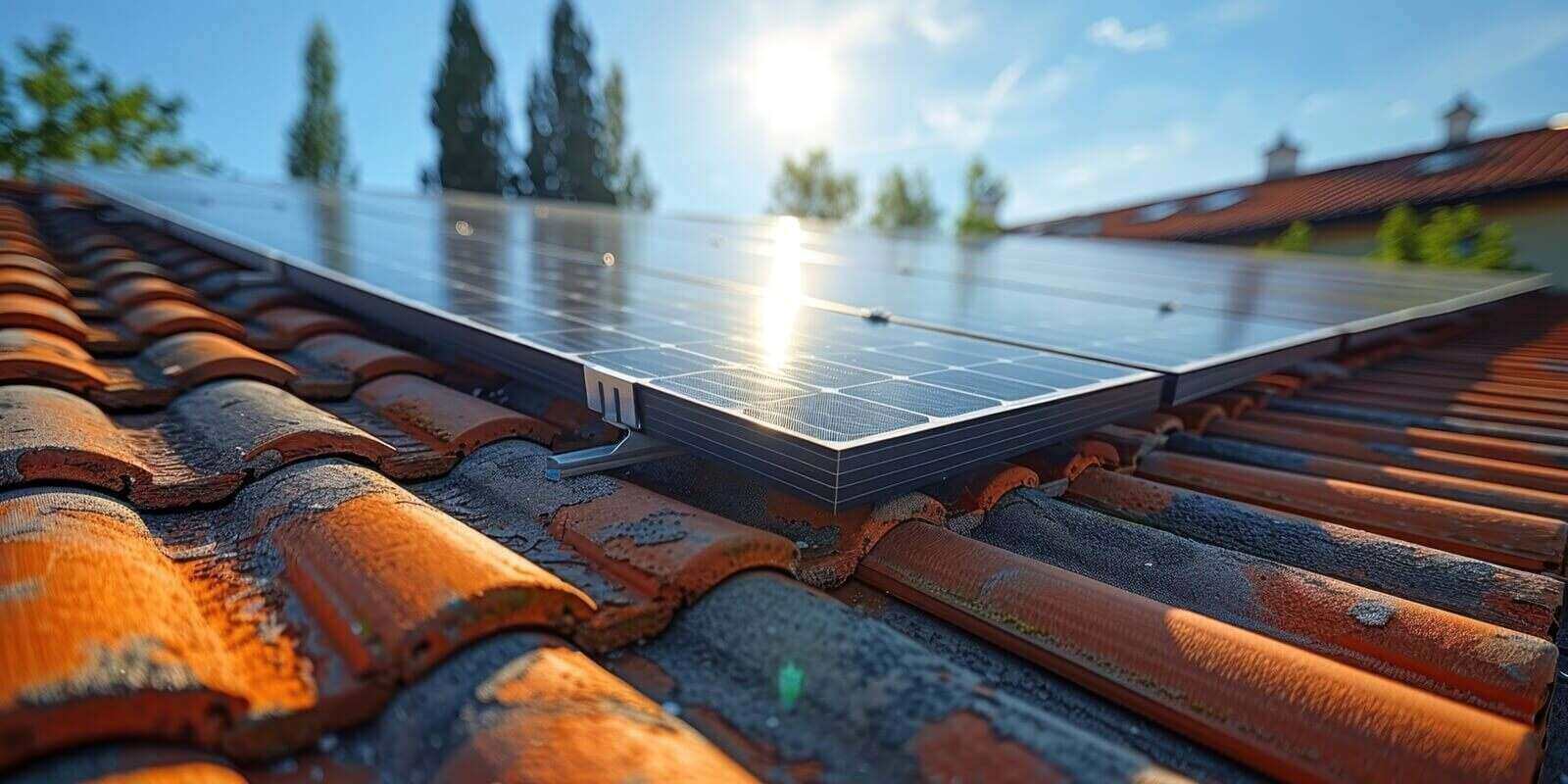Any solar installation system can reduce a home’s reliance on the grid for energy to some degree. Depending on their solar installations, some homes may be able to separate completely (off-grid), while others separate partially (on-grid), some more than others. Both on- and off-grid systems have pros and cons, and anyone considering a solar installation should carefully consider these points, and how they apply to their home, before making a choice.
Here is an overview of off-grid vs. on-grid solar systems to help you better determine which is right for you.
Understanding On- and Off-Grid Systems
When referring to a solar installation as being “on” or “off” the grid, installers are referencing whether (or to what extent) the home remains connected to municipal energy. Homes get their power from a physical, wired connection between the home and the electricity provider servicing their area. Keeping this connection (or not) after solar installation is the difference between on- and off-grid systems.
On-Grid Solar
In an on-grid arrangement, homeowners have two potential sources of energy. While they may preferentially draw from their solar panels, they are still connected to the city power source. If there are times when the panels are not meeting the home’s needs (such as at night if the home does not have battery storage), the energy will come from the grid.
Off-Grid Solar
Homes that are off-grid are completely disconnected from the energy provider in the area. They rely completely on their solar panels to meet their needs. This can be a great way to achieve greater sustainability and remove oneself from the fluctuations of the local power grid, but without careful planning, the home may fall short of meeting all of its energy requirements, especially overnight.

Which Type of System Is Right for You?
Deciding on the right type of solar installation comes down to a homeowner’s goals, how much energy they use, and the viability of their preferred strategy.
If a homeowner wants:
- Immediate access to energy at any time
- To not worry about how much energy the home is consuming or fluctuations in usage
- The option to sell the excess energy generated by their panels
For these goals, a grid-tied solar system is likely the right choice. On-grid solar arrays provide uninterrupted service; if the home is drawing more energy than the panels currently provide, the grid will supplement.
If a homeowner wants:
- To reduce their carbon footprint as much as possible
- To disconnect from an unreliable grid causing frequent power outages
- To escape high costs with their energy provider
- To live somewhere where access to municipal energy is challenging
To fulfill these goals, an off-grid system may be a good fit. Off-grid solar installations tend to be more expensive upfront because they leverage other tools, such as batteries, to make sure the home has constant access to power. However, the property becomes fully self-sustaining as long as homeowners keep up with maintenance.
The Disadvantages to Keep in Mind
While both on- and off-grid solar arrays are viable options that offer numerous advantages, disadvantages can often be deal breakers for individuals making this important decision. Before committing to one option, be sure to fully understand the abilities, requirements, and limitations of each choice.
On-Grid Solar
- Vulnerable to power outages if the grid goes down overnight and no battery is available
- Cannot typically continue to use power from solar panels during an outage to avoid shocking utility workers
- Home’s greenhouse gas emissions not fully removed, due to grid energy usage
- Home is tied to some energy costs, such as monthly connection fees, even if solar covers the energy needs
Off-Grid Solar
- Typically more expensive upfront
- Excess solar energy is wasted if batteries are fully charged
- A home cannot use more energy than the system produces
- Without redundancies (which come with a cost), damage to the system could decrease a home’s maximum energy capacity until repaired
A qualified installer will analyze your home, your energy bill, and your goals to outline the most viable options. Relying on a local installer ensures any applicable tax credits can be factored into your cost analysis, as well as geographical considerations.

Discuss Your Goals With a Professional Solar Team
Whether you think an on-grid or off-grid solar system could be a good fit for you, it is important to share your goals and thoughts with a professional solar team. The experienced installers at Energy Select can help you understand the many considerations that go into the decision to stay connected to the grid or go fully off-grid.
Contact Energy Select to schedule a visit with a professional. We are proud members of the Amicus Solar Cooperative that supports its members to provide a positive impact for their communities and customers.


